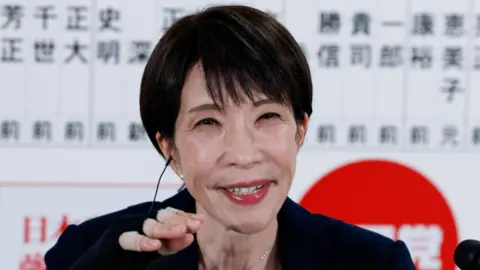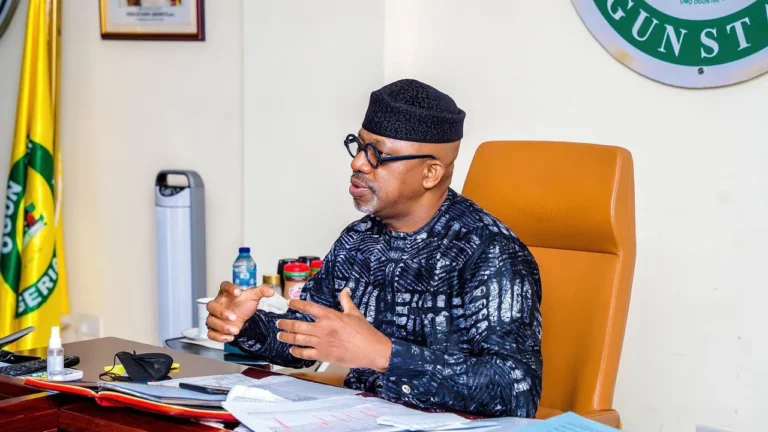
Albania Holds General Elections as Edi Rama Seeks Historic Fourth Term
Albania is heading to the polls today for the general elections, where Prime Minister Edi Rama seeks a historic fourth term after a campaign dominated by promises of European Union membership and ongoing corruption allegations.
Polling stations opened at 7 a.m. local time (05:00 GMT) and will close at 7 p.m. (17:00 GMT), with results expected on Monday. Around 3.7 million Albanians are eligible to vote, including those from the Albanian diaspora, who are voting by mail for the first time.
Rama, the leader of the Socialist Party since 2013, has campaigned on Albania’s future within the EU, pledging that the country will join the bloc by 2030. At his final rally, Rama declared, “We will get our fourth mandate, and we will not lose a single day for Albania 2030 in the EU.”
Rivals and Allegations
Rama’s main opponent is Sali Berisha, an 80-year-old former president and prime minister, who leads the Democratic Party. Despite being banned from the United States and the United Kingdom due to corruption allegations (which he denies), Berisha has remained a popular figure in Albanian politics, with slogans like “Make Albania Great Again.”
Rama’s leadership has faced criticism for state capture and allegations that his administration has undermined democratic checks. His close ally, Tirana’s mayor Erion Veliaj, was arrested earlier this year over money laundering allegations, though both men deny the charges.
Voter Disillusionment and Calls for Change
This election sees both leaders facing mounting disillusionment from younger voters. Many, like 21-year-old Arber Qazimi, have voiced their desire for new political figures, saying, “Rama and Berisha have been here for three decades, and they only replace themselves.”
Others, like Erisa, an economics student, plan to abstain from voting altogether, expressing their intention to leave the country for further education, reflecting the emigration trend of over one million Albanians in the past decade.
Smaller Parties’ Influence and Digital Campaigning
As the Socialist Party may need to form alliances to secure a narrow majority, smaller political parties could play a decisive role in forming the next government.
The campaign has largely shifted to social media platforms, though a TikTok ban imposed by the government has led to accusations of censorship. The Democratic Party enlisted American strategist Chris LaCivita, known for his work on Trump’s 2024 campaign, to help sharpen their political messaging.
Conclusion: A Country at a Crossroads
As the votes are cast, Albania stands at a crossroads, with EU hopes and corruption scandals at the forefront of the nation’s political landscape. The outcome of these elections will determine if Edi Rama can secure his fourth term and continue his push for Albania’s EU future.






